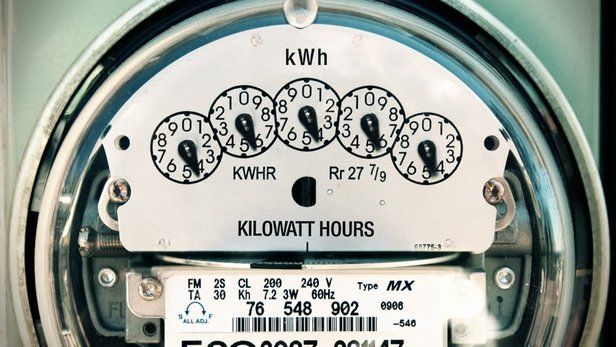Kilowatt Hour – Understanding the Difference Between kW and kWh
Reading your electricity bill may seem a bit confusing when you start looking at kilowatts (kW) and kilowatt-hours (kWh). However, it is actually very easy to understand once you know what they stand for. Knowing the difference between these two values can help a lot in understanding your electricity bill and your energy consumption. It will also help you understand how much energy specific appliances use and why you should unplug unused electrical appliances.
What is kilowatt (kW)?
A kilowatt is a simple measure of power and is equal to 1,000 watts. Let’s look at an example. If you have a 2,000-watt oven it means that you require 2,000 watts of power to make the oven work. You can also think of kW as the ‘demand’ of an electrical appliance. It is the juice it needs to be able to work at a specific moment in time.
What is kilowatt-hour (kWh)?
A kilowatt-hour is a way in which the amount of energy used during a certain period of time is measured. In other words, when you see 3,000kWh on your electricity bill, it means that you used that number energy during the month. Another way to explain is that a kilowatt-hour is the amount of energy you would use if you kept a 1,000-watt appliance running for an hour. It does not refer to the number of kilowatts you used in an hour.
The Bottom Line
Basically, the difference between kW and kWh comes down to two things:
- The time of measurement – kW is for a specific moment or demand while kWh measure consumption over a period of time.
- What it measures – kW is a unit of measurement for the power needed while kWh is a unit of measurement for energy consumed.
So, next time you get your energy bill, look for the kWh amount to see how much energy you consumed during the month. Look at your different appliances to see what their kilowatt or watt requirements are to help you better understand your energy bill.
The post Kilowatt Hour – Understanding the Difference Between kW and kWh appeared first on Evol Power.



